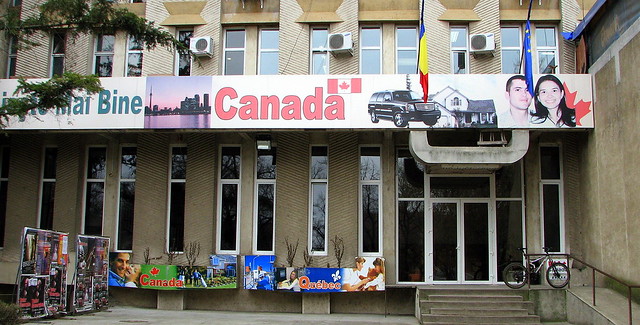
Help for non-immigrants who require a waiver of inadmissibility for the United States
If you are applying for a non-immigrant visa to the U.S., and you have a conviction that makes you inadmissible, or have been found to be inadmissible on another ground, then you may require a waiver of inadmissibility. The good news is that the Section 212(d)(3) waives most grounds of inadmissibility for non-immigrants. There are a few sections which it does not waive but they are fairly obscure (inadmissibility relating to espionage, sabotage, the overthrow of the U.S. government, proposed activities that would have serious adverse foreign policy consequences, or those who have persecuted others on account of race, religion, national, origin, or political opinion, or participated in the Nazi government or genocide).
Applying for a 212(d)(3) waiver is a two step process. First, the visa applicant has a visa interview with the Consular Officer. This is generally a more in depth visa interview than a regular visa interview. The Consular Officer only has the authority to make a recommendation that the waiver be granted or denied. The Consular Officer makes such recommendation to another U.S. government agency, U.S. Customs and Border Protection (CBP), who makes the ultimate decision to approve or deny the waiver. There is no second interview, rather the CBP Officer makes the decision based on the paperwork and the Consular Officer's notes of the visa interview and recommendation. The entire process can several months. Thus, if you are planning a trip to the U.S. for a special event, it is important to apply for your visa and waiver well in advance of your intended trip.
Matter of Hranka is the seminal case explaining the standard to be applied to waiver applications. In Matter of Hranka, 16 I & N Dec. 491 (BIA 1978), the Board of Immigration Appeals ("BIA"), held that there were three factors to be considered when deciding whether or not to grant a 212(d)(3) waiver of inadmissibility: (1) the risk of harm to society if the applicant is admitted; (2) the seriousness of the applicant's prior criminal law violation; and (3) the nature of the applicant's reasons for wishing to enter the U.S.
Let's take a brief look at each of the factors. The first factor the Consular Officer will evaluate is the risk of harm to the U.S. if the visa applicant is granted a visa. This factor may be harder to overcome if the visa applicant has a conviction for a violent offense, for example, assault with grievous bodily harm. The more recent the offense the more difficult this is to prove as it is helpful to show several years of rehabilitation.
The second factor is the seriousness of the visa applicant's criminal history. As part of the visa application, the visa applicant will be fingerprinted so the U.S. government can check their databases. Additionally, the visa applicant must provide police records from their current country of residence. Finally, the visa applicant must provide the complete memorandum of conviction. The visa applicant should also check for requirements specific to the particular Consular post. These requirements are generally posted on the U.S. Embassy's website and are updated frequently. So the Consular Officer and CBP Officer will evaluate the visa applicant's entire criminal history to make a decision whether to grant the visa application. The decision to grant or deny a visa or waiver is wholly discretionary. The more serious the nature of the criminal offense, or if there is more than one offense, the more difficult it may be to persuade the Consular/CBP Officers that the visa and waiver should be granted.
Third, the Consular/CBP Officer considers the visa applicant's reasons for wishing to enter the U.S. These reasons do not have to be compelling; they can be as simple as a holiday, business trip, visit family, or attend a wedding.
A well prepared waiver application is critical to success. Under current Consular guidelines, if a visa applicant is denied, absent significant changed circumstances, the visa applicant will have to wait one year before reapplying for a visa.